General information
- Entry : September 2025
- Duration : 2 years
- Place : Nantes
- Language :
- First year : English and French.
- Second year : English
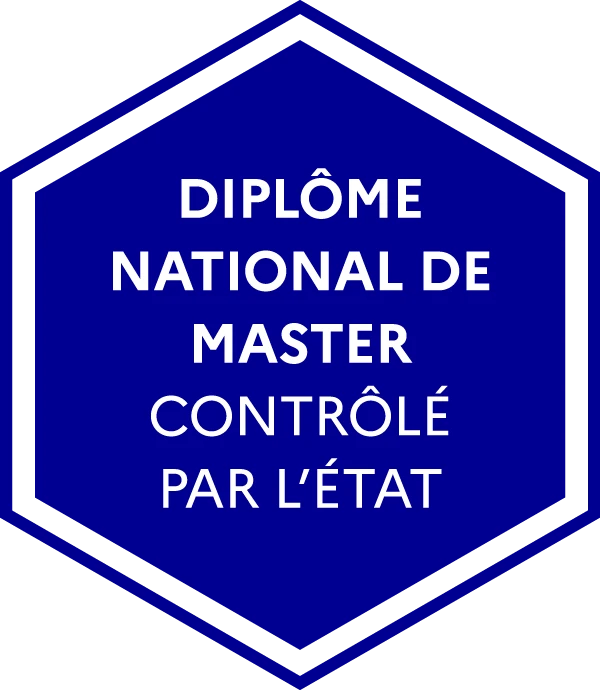
Our master 's degree is a research-based training program in the broad field of digital intelligence. Smart Computing is a multidisciplinary field in which advanced computing methods and technologies are combined with engineering approaches to create systems, applications and new services that meet society's needs. Every aspect of our daily, social and civic life now has its digital twin, enabling greater efficiency, personalization, security and sustainability. Smart cities should improve the quality of life of their inhabitants, optimizing the use of space and the circulation of goods and people, while integrating environmental standards. Smart power grids improve the efficiency and reliability of distribution, as well as the sobriety of energy consumption.
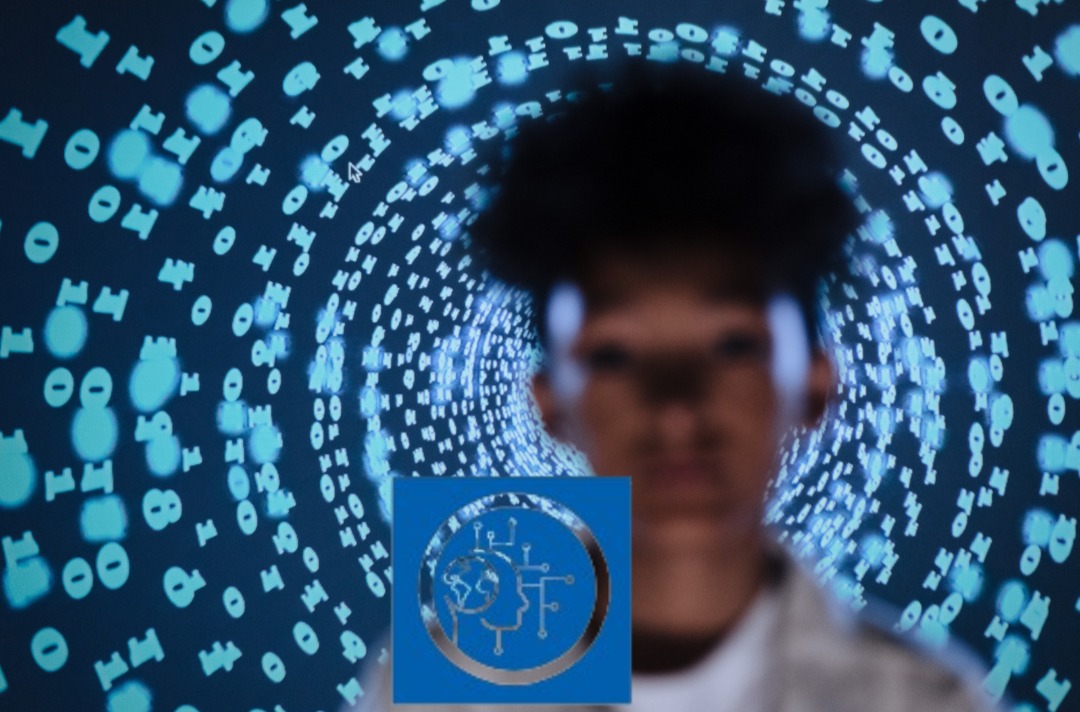
Working on the intelligent evolution of society requires not only high-level engineering skills, but also new knowledge. The ability to build new knowledge and use it to meet society's new needs is therefore at the heart of this curriculum. Smart Computing trains top-level engineers and researchers capable of working at the cutting edge of digital technology and pushing back its limits.
Joining Smart Computing means joining the Laboratoire des Sciences du Numérique de Nantes (LS2N), the largest public research unit in Nantes and the Pays de la Loire region.
Digital intelligence systems are at the crossroads of most major fields of computer science and engineering (machine learning, data analysis, software engineering, computer vision, internet technologies, distributed computing and sensing, pervasive computing, social computing, computer security...) combined with other fields of scientific knowledge such as biology, medicine, chemistry, materials, physics and economics) for a variety of applications.
The LS2N is connected to the local socio-economic sphere and to other research laboratories to conduct its multidisciplinary research.
Research immersion enables you to gradually discover key topics and people, define a research project in a given field and start generating knowledge in that field. A mentor researcher helps you to understand this ecosystem and seize its opportunities.




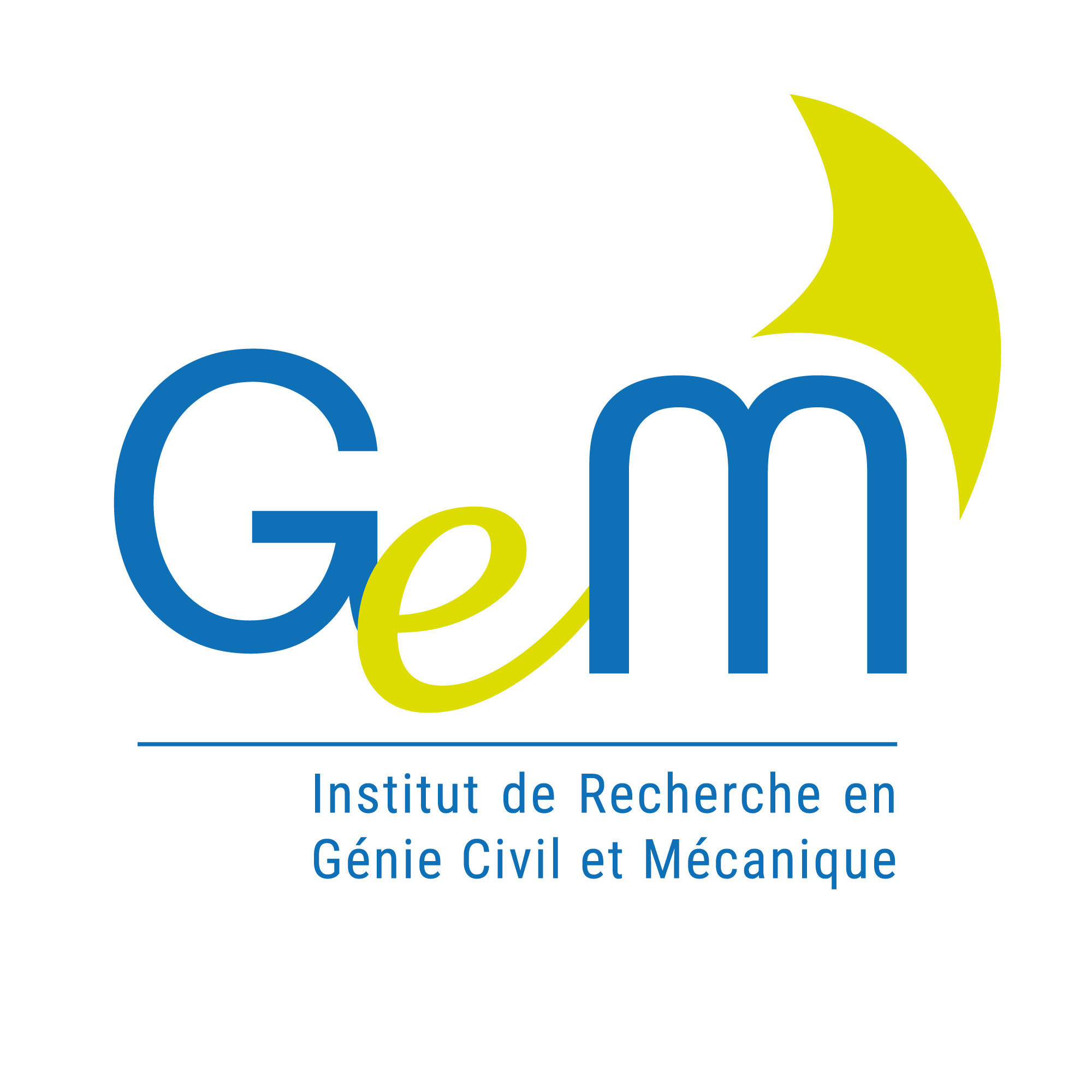
Do not hesitate to contact us for more information on all the options!
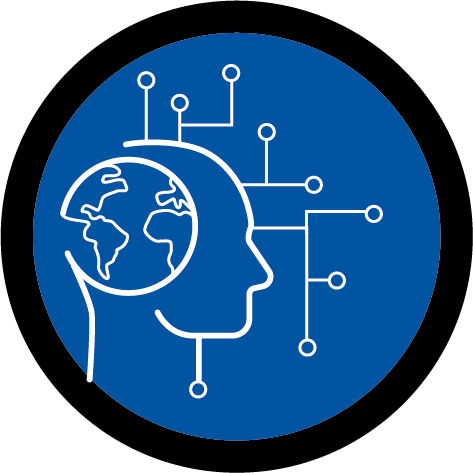
Financial facilities:
The French government covers a large part of the cost of higher education at university. While a year of university study costs an average of around €10,500 per year, the tuition fees payable by the student are €254 for a year of a Master's degree and €397 for a year of a PhD, to which must be added a student life contribution of around €100. Exchange students are exempt from paying tuition fees.
International students are given priority for a room or studio in a student residence during their first year of study. The cost of accommodation varies from €260 for a room to €370 for a studio.
The programme also offers a Welcome grant of €1,500 to the best foreign students and funds internships abroad.
Internships in France are paid at a rate of around €600 per month, giving a total stipend of around :
- 1200€ to 2400€ depending on the length of the Master 1 placement
- 2400€ to 3600€ depending on the length of the Master 2 placement
To find out about the cost of living in France and estimate your budget, please see the page on Financing your studies on our website.
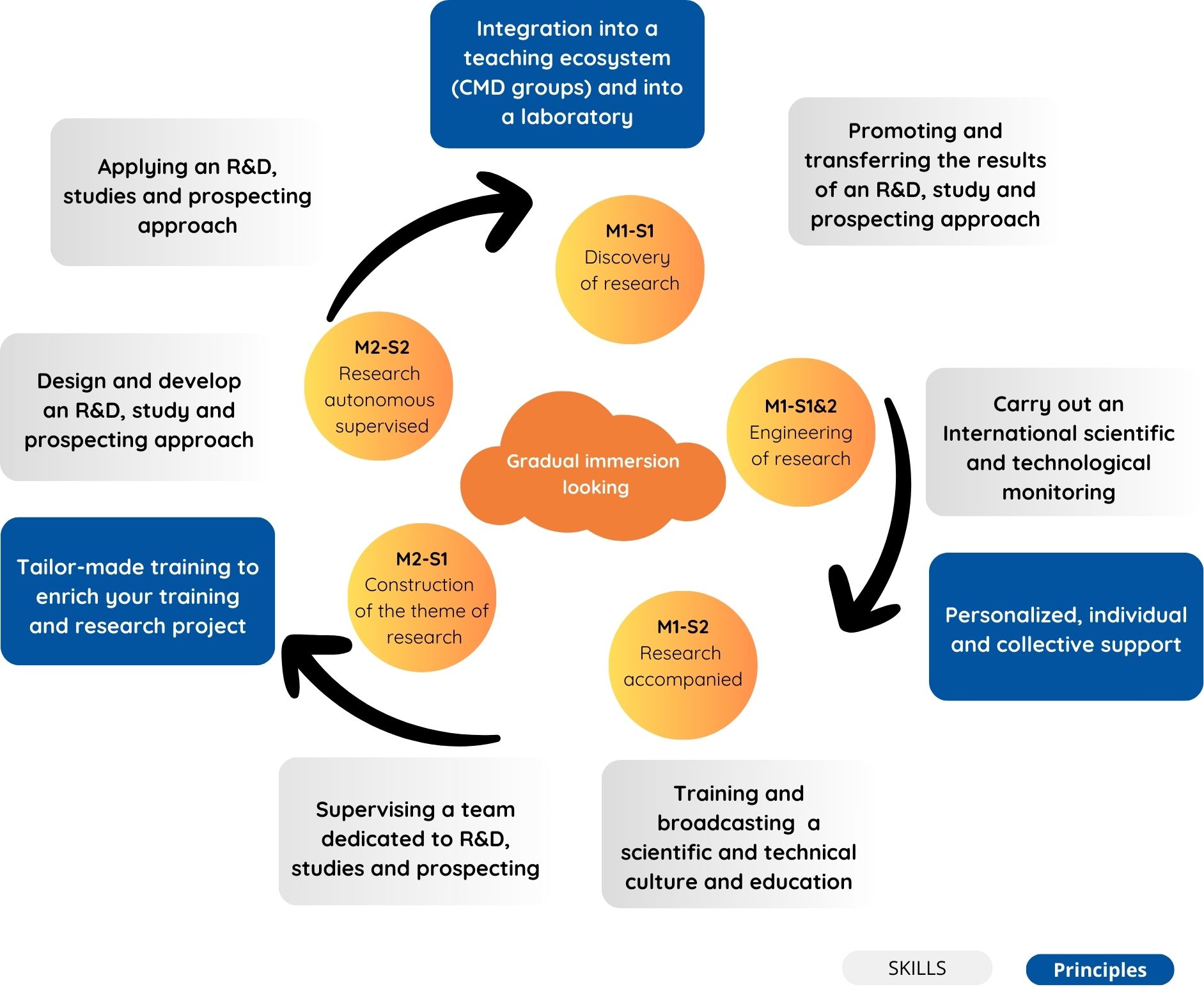
This progressive learning program aims to initiate and develop the following skills:
These skills are specific to the research process and are reinforced by a doctorate, if you wish to continue in this direction.
A Smart Computing engineer combines expertise in digital engineering and research. To acquire these two skills, students follow the following program:
A Smart Computing engineer combines expertise in digital engineering and research. To acquire these two skills, students follow the following program.
Software : 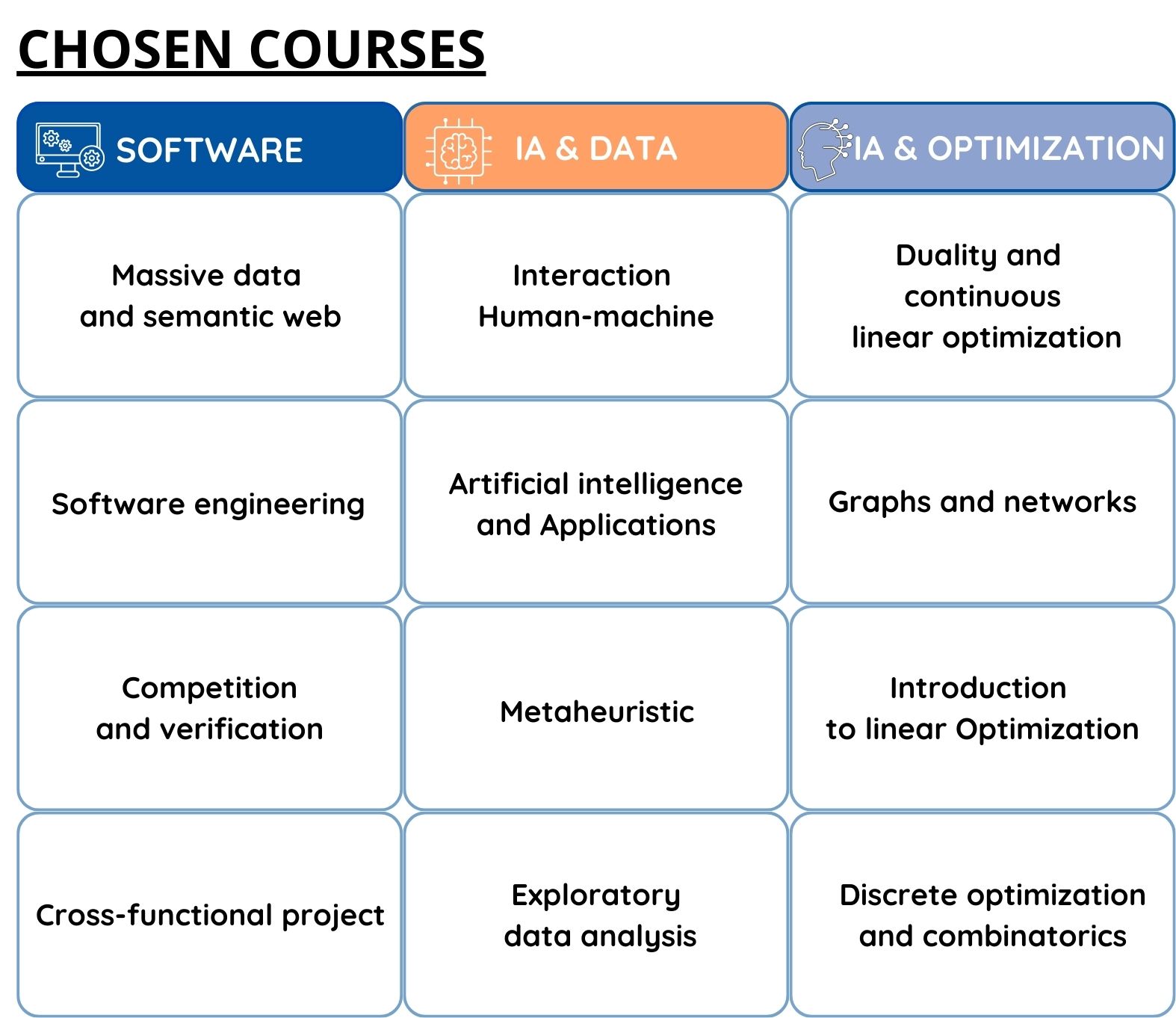
AI/Optimization :
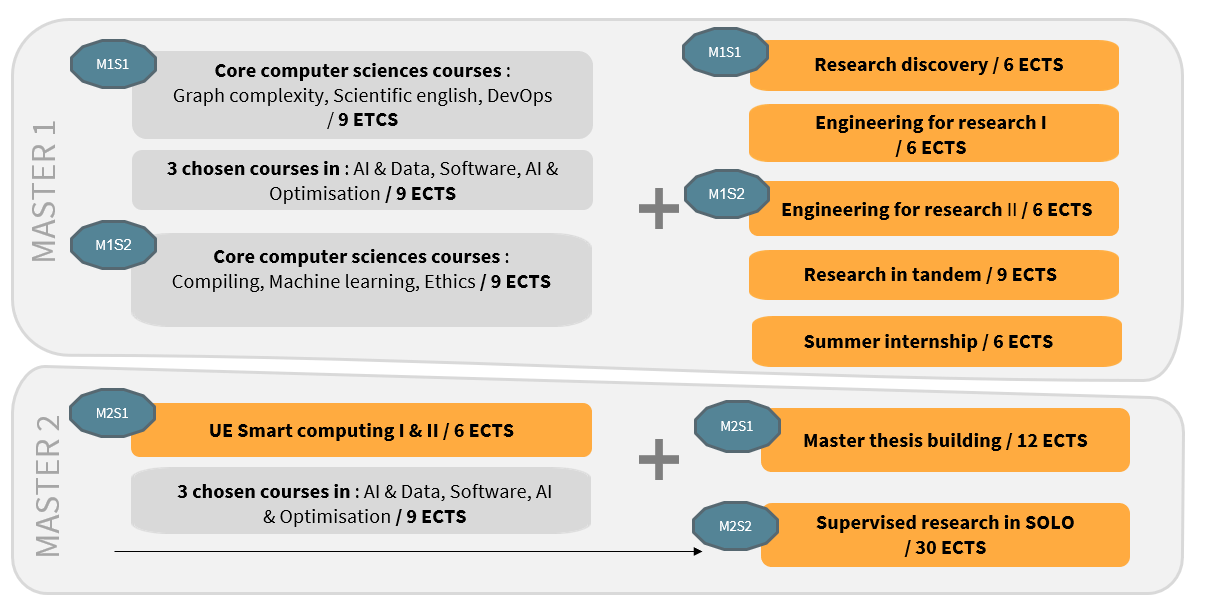
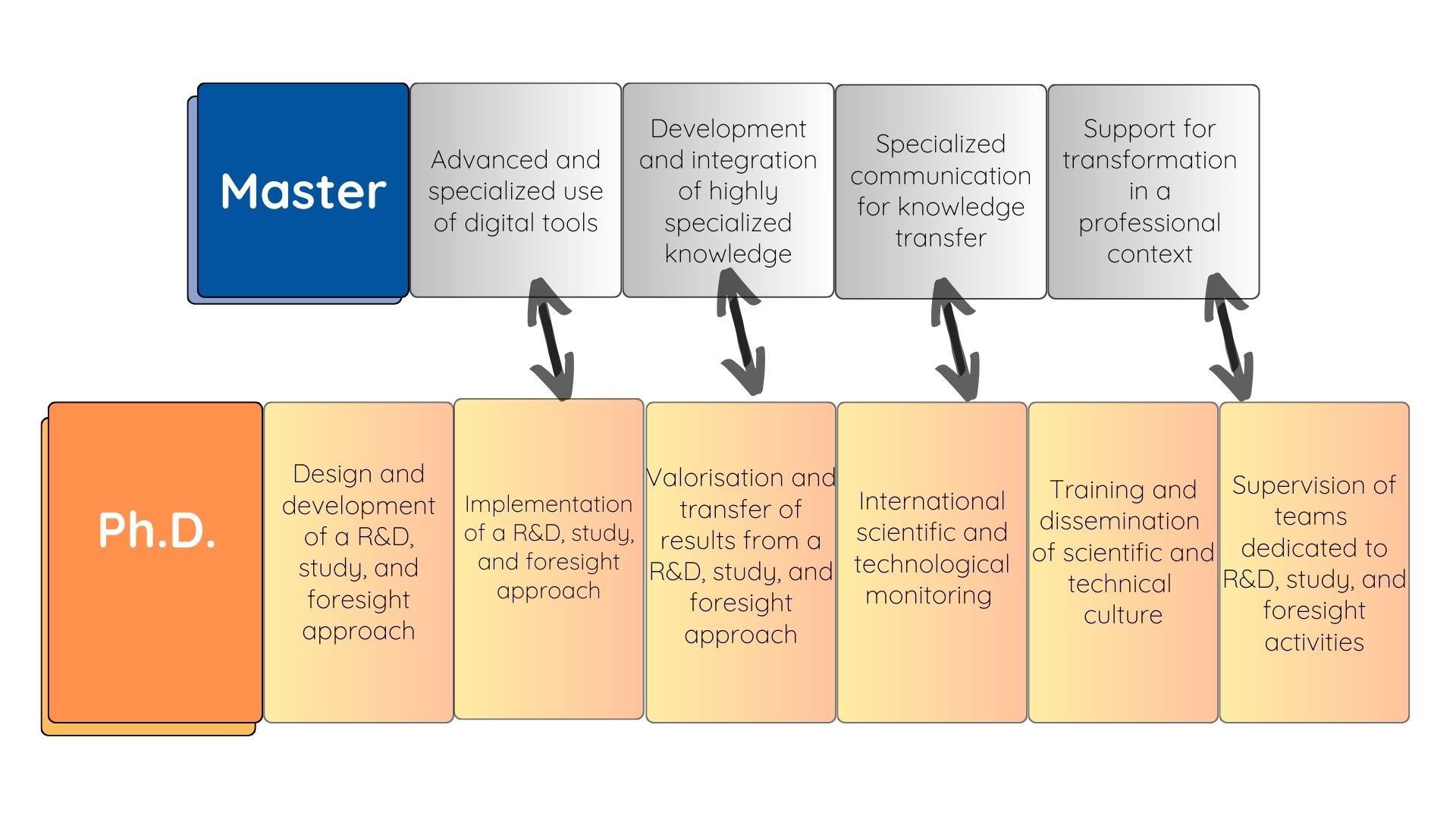
The expected skills for a master in computer science are:
These skills are acquired through participation in the fundamental master's courses in computer science (30% of ECTS). Learning research also actively contributes to these skills in the professional research context.
The expected skills in research are:
These are planned for the doctorate level, but are already covered in the Master's program.
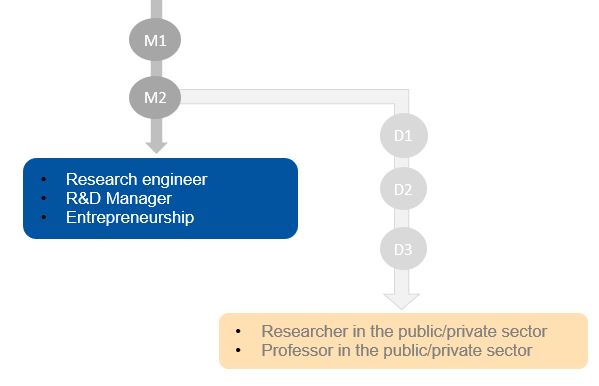
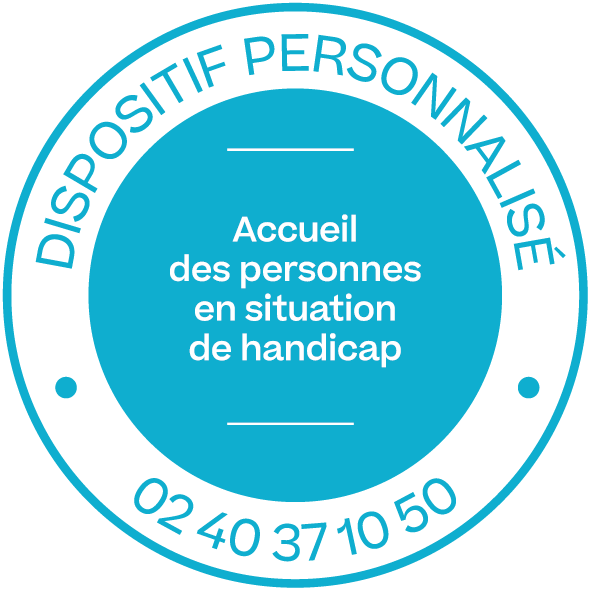 L'ensemble des formations est accessible aux personnes en situation de handicap (accueil spécifique, locaux accessibles, aménagements de formation possibles). Pour plus d'informations, contactez le Relais Handicap.
L'ensemble des formations est accessible aux personnes en situation de handicap (accueil spécifique, locaux accessibles, aménagements de formation possibles). Pour plus d'informations, contactez le Relais Handicap.